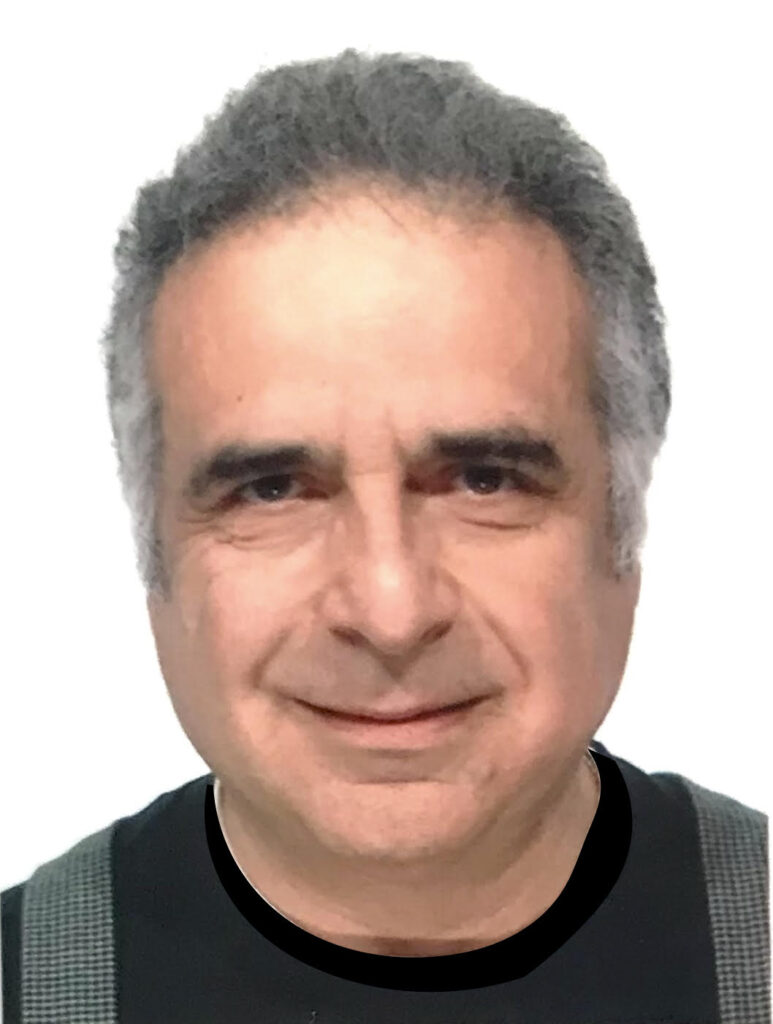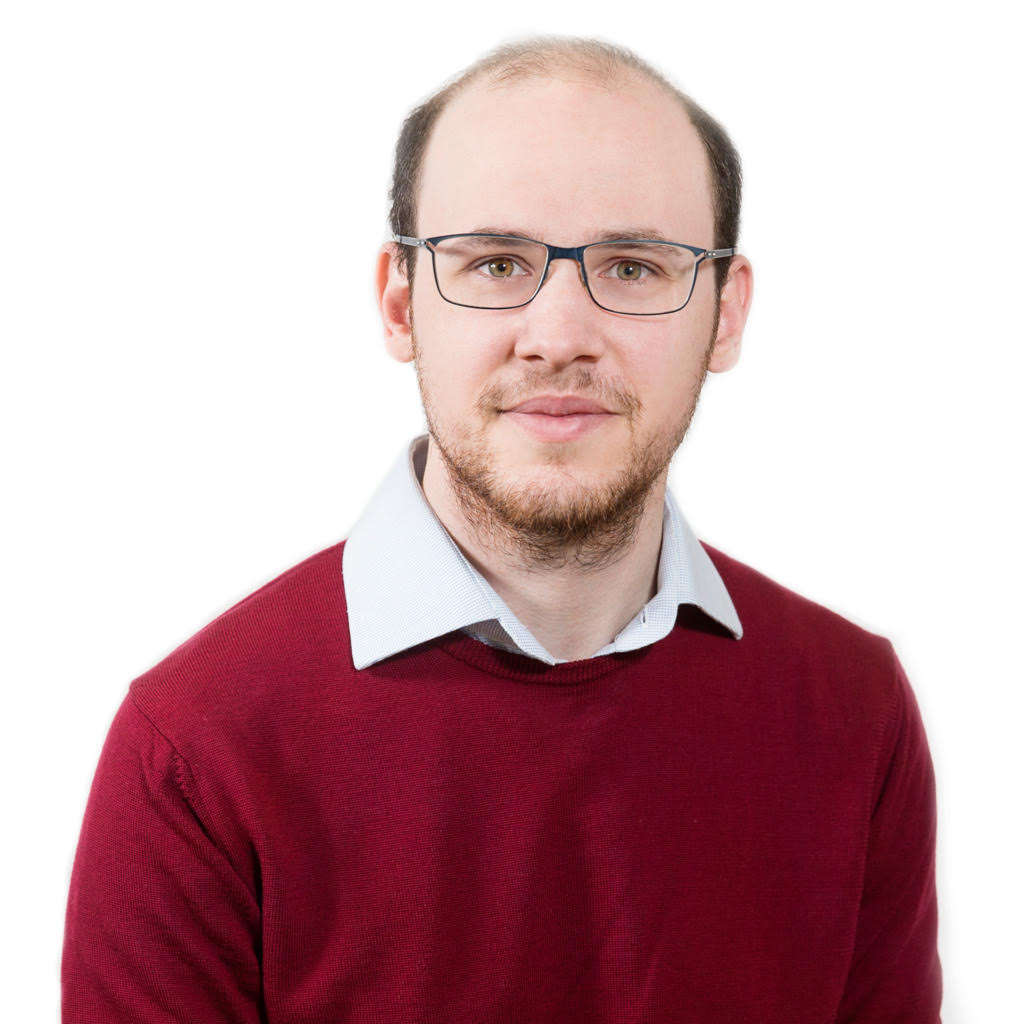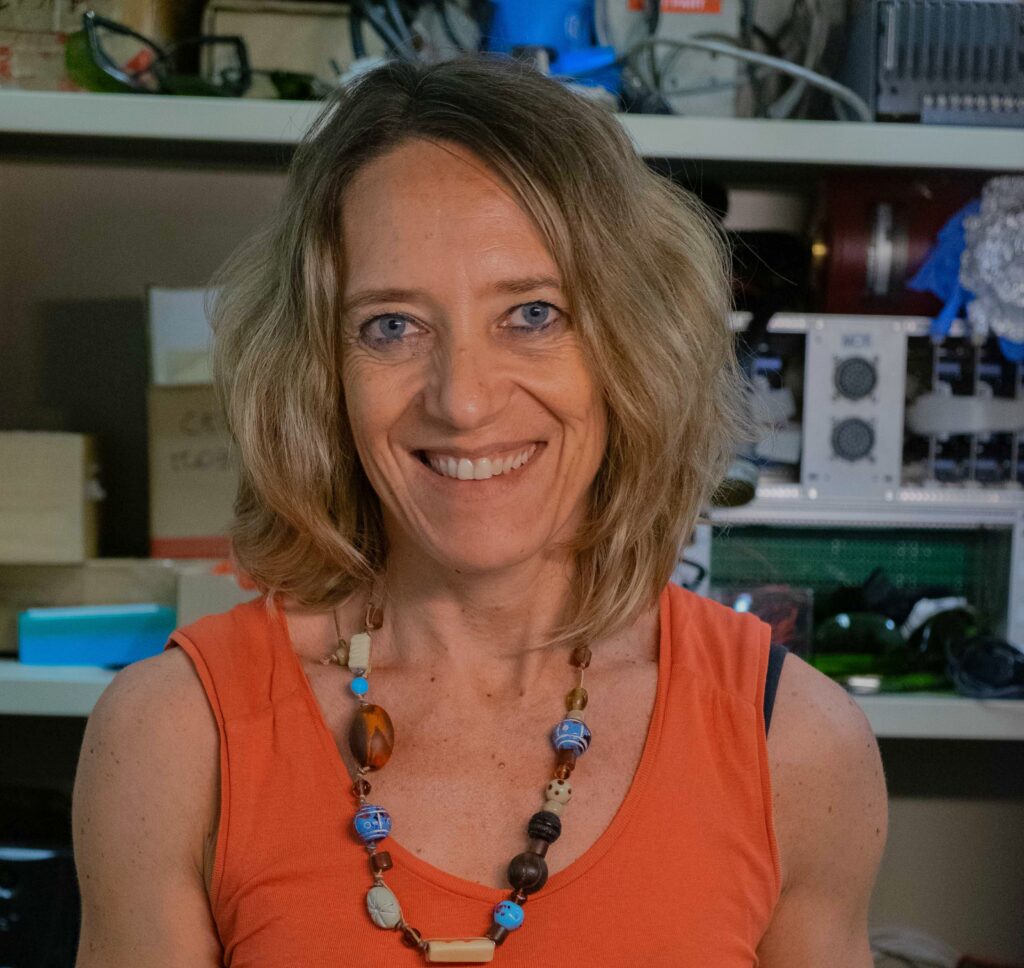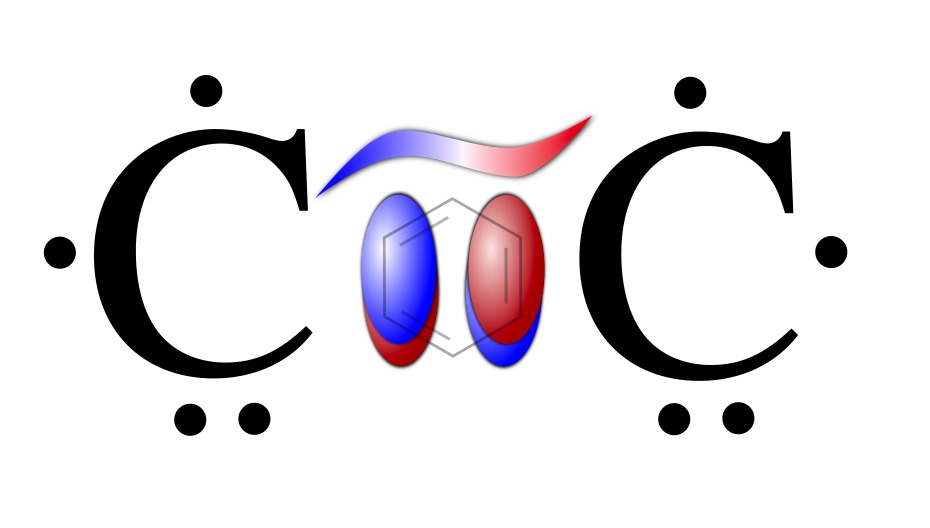
Massimo Olivucci is professor of Organic Chemistry at the University of Siena, Italy and Research Professor of Computational Chemistry at the Centre for Photochemical Sciences, Bowling Green State University, USA. Massimo took his PhD at the Università di Bologna (Italy). He has contributed to establish the expanding fields of computational photochemistry and photobiology. Main honors: 2010 Gold Medal “Angelo Mangini” from the Italian Chemical Society, 2015 fellow of the Institute for Advanced Studies of the Université de Strasbourg, France, 2021 Doctoris Honoris Causa by the Université Aix-Marseille, France, 2024 AVANTI-IUPAB Award (bestowed at the IUPAB 2024 Conference in Kyoto, Japan).

Lorenzo Cupellini is senior assistant professor in physical chemistry at the University of Pisa. Lorenzo got his PhD in Chemistry and Material Sciences at the University of Pisa in 2016. In 2020 he was awarded the “Eolo Scrocco” Prize of the Theoretical and Computational Chemistry division of the Italian Chemical Society. His interests include the study of excited-state dynamics, exciton and charge transport in complex biological and multichromophoric systems.

Mariangela Di Donato obtained the phD in Chemistry from the University of Salerno in 2003. At the end of September 2019 she has been appointed as Researcher at ICCOM-CNR, Sesto Fiorentino (FI). Her research activity is focussed on the study of light induced energy and electron transfer processes in occurring multichromophoric systems or in artificial photosynthetic devices, and in the characterization of the photophysics of molecular photoswitches. The experimental analysis of these systems is carried on by applying femtosecond pump-probe spectroscopy and multipulse 2D non-linear spectroscopies.

Alberto Baccini is Full Professor of Economics since 2006. Previously, he was a researcher at the University of Florence. He did post-doctoral research at the University of Florence and at Université Paris IX-Dauphine. For more than 10 years, he has been working on various topics of science of science. In particular, he worked on the properties and limitations of bibliometric indicators in research evaluation. Currently, his main line of research is the application of network analysis to the exploration of scientific communities from the perspective of both intellectual and social relations. He is one of the founders and a member of the editorial board of the blog ROARS dedicated to research policy and evaluation.
